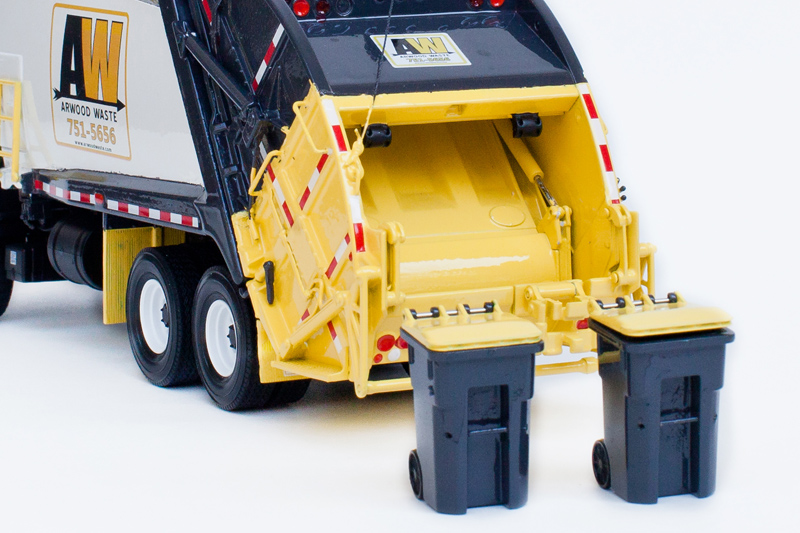Neighborhoods are Recycling and “Going Green”

Recycling and “Going Green” has become a trend in everyday life, from reusing plastic grocery bags to purchasing goods made from renewable resources. Now it’s easier than ever to help out the planet even within your own home. If you’re looking to get a start on ways to make life greener and join in on the recycling craze in your neighborhood, here are a few tips to get you started:
Plastic: In many cases, plastic does not break down in landfills, but it can easily be recycled to make many diverse products. To make best use of them, choose the types of plastics, which lend themselves most to reuse and recycling options. To learn about the different options for different types of plastic, call up your local recycling center to see what types of plastic they accept. Most plastic products will have an indication on whether or not they can be recycled so always check before purchasing.
Common household items that can be easily recycled include plastic bags, bottles, egg cartons, and food trays.
Paper and Cardboard: Paper is probably one of the easiest items to recycle. Even scraps of printer paper can be bagged or boxed and sent in to be broken down into new sheets of paper to help cut down on the number of trees needed to be sacrificed. Recycled newspaper, which should be saved in its own bin, goes directly back into newsprint recycling. A four-foot stack of newspapers saves the equivalent of one 40-foot fir tree! Corrugated cardboard is also a highly valued recyclable. Most curbside collectors ask you to bale the cardboard together and tie it with string. The most important thing to remember is to keep it dry. Plastic or waxy coated, and wet or greasy cardboard, such as pizza boxes, cannot be recycled because it clogs sorting machines.
Other paper products that are recyclable include computer paper, magazines, paper lined drink cartons, and stickers.
Glass: Most glass is recycled according to color: clear, green and brown. Recycling centers prefer it when glass is separated ahead of time. Collectively, these types of glass are referred to as “container” glass, and most are widely accepted for recycling. Even if paper labels are still stuck to the glass (in the case of glass soda bottles) your local center will still accept it. Just make sure to rinse any bottles out thoroughly and always be safe in the case of dealing with broken glass shards. If you choose to recycle your compact fluorescent light bulbs, also research taking them to a location that accepts them.
Glass products that are commonly recycled are sheet glass, mirrors, glass bottles, and Pyrex.
